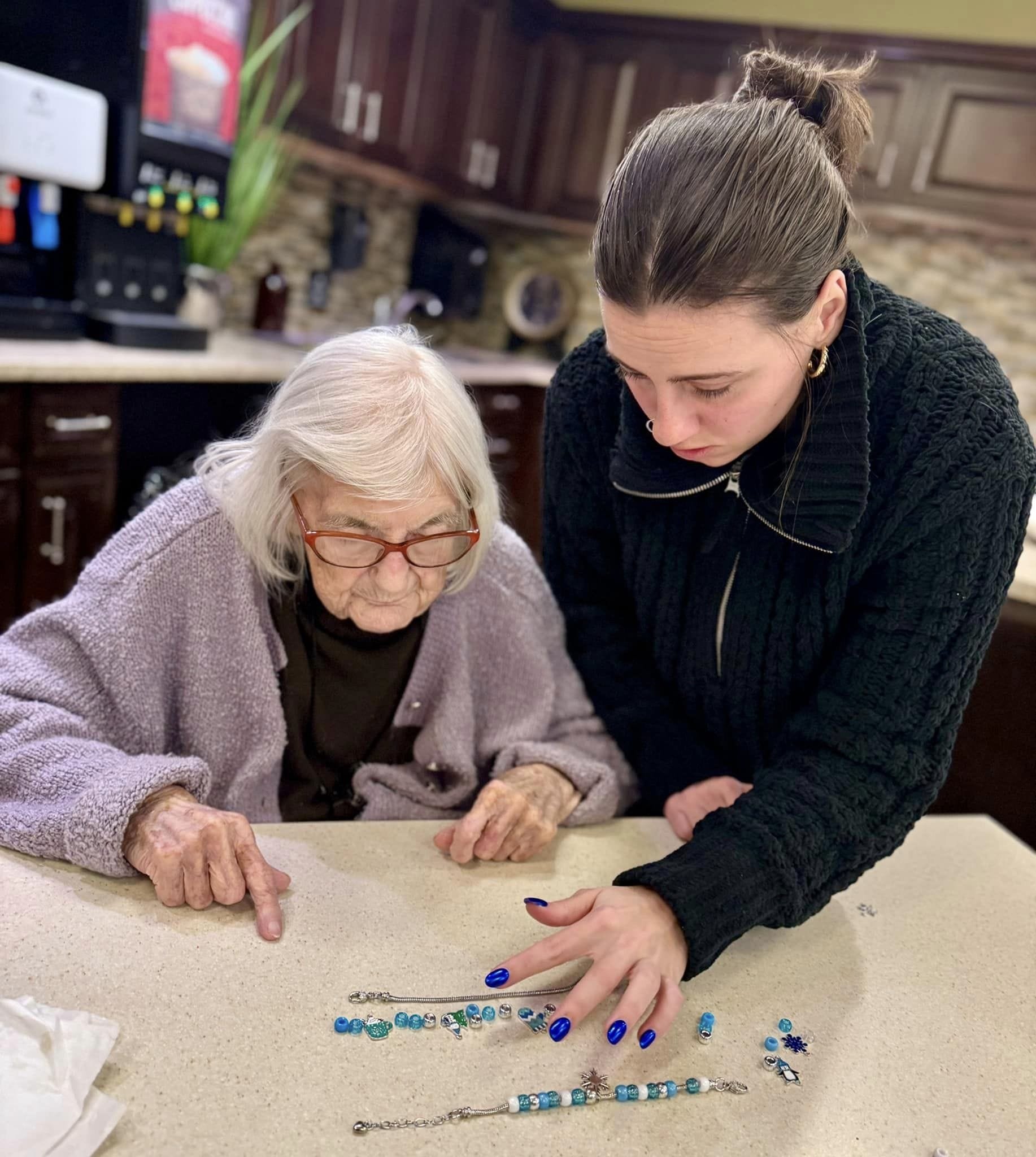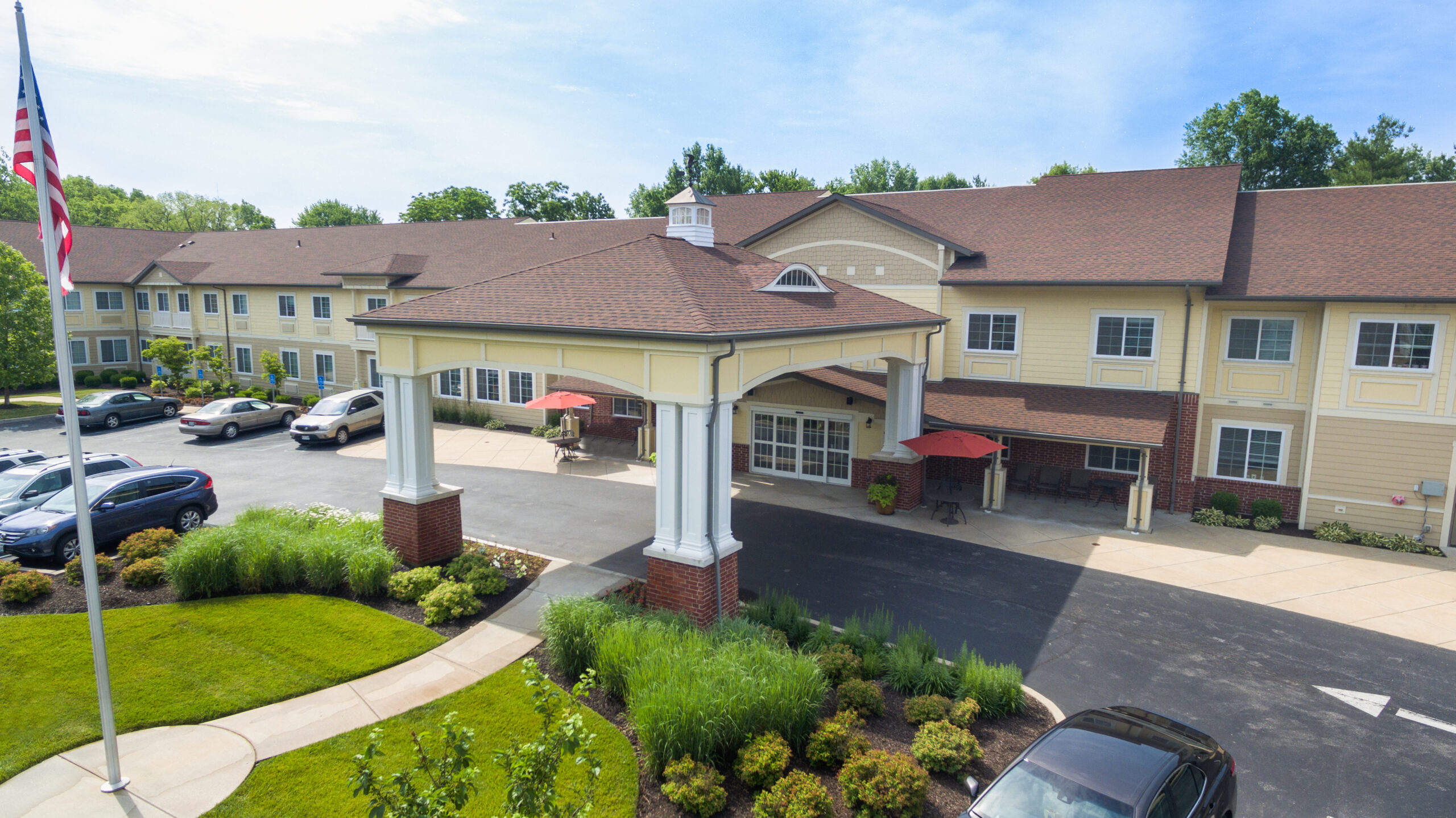Creating Safe and Comfortable Spaces with Alzheimers Care Charlotte Programs
Wiki Article
Producing a Safe and Supportive Atmosphere for Alzheimer's Care
The development of a encouraging and safe setting for individuals with Alzheimer's is extremely important in improving their lifestyle. This entails not just physical adaptations within the home, such as lessening dangers and incorporating familiar components, but also the implementation of structured routines and purposeful activities that accommodate their cognitive needs. In addition, recognizing the psychological and mental measurements of treatment can significantly affect their sense of safety and security and link. Discovering these complex strategies can reveal essential insights into effective caregiving techniques that might transform the day-to-day experiences of both caregivers and patients.Understanding Alzheimer's Needs
Often, people with Alzheimer's condition show a series of demands that require tailored strategies to care. As the problem progresses, cognitive decrease manifests in different methods, influencing memory, reasoning, and also the ability to execute everyday tasks. Caretakers have to acknowledge these advancing requirements to offer suitable support and make certain a better of life for those influenced.One essential aspect of understanding Alzheimer's needs is identifying the significance of regular and knowledge. People usually locate convenience in recognized patterns, which can decrease anxiousness and complication. Caregivers should make every effort to develop organized everyday routines that integrate purposeful tasks lined up with the person's capacities and rate of interests.
Furthermore, effective interaction is paramount. People with Alzheimer's may struggle to reveal themselves or comprehend complex language. Caretakers should utilize simple, clear language, usage non-verbal cues, and technique energetic paying attention to foster understanding and connection.
Last but not least, emotional and social demands can not be forgotten. Giving chances for social communication and keeping relationships can considerably boost emotional well-being. Caregivers must motivate engagement in community activities or family members celebrations, promoting a feeling of belonging and objective. Comprehending these diverse demands is essential for creating an encouraging care setting.
Designing a Safe Home
Creating a secure home for people with Alzheimer's condition is necessary to promoting and decreasing risks independence. The design of the home should prioritize security while permitting personal comfort. Get rid of prospective hazards such as loosened rugs, sharp objects, and clutter, which can lead to falls or mishaps. Make sure that pathways are clear and well-lit, as correct lighting reduces disorientation and enhances mobility.
Incorporating adaptive attributes is likewise critical. Set up grab bars in washrooms and near stairways, and take into consideration making use of non-slip mats in damp locations. In addition, using contrasting colors for floorings and walls can help in distinguishing areas, assisting to mitigate confusion.
Knowledge is essential for individuals with Alzheimer's. Customizing the environment with familiar things and photographs can enhance a feeling of belonging and security - Alzheimers Care Charlotte. It is likewise beneficial to have actually an assigned area for daily tasks, such as analysis or crafting, which can give structure to their day
Last but not least, applying a secure exterior area permits safe exploration while linking with nature. By thoughtfully developing the home atmosphere, caregivers can substantially enhance the lifestyle for individuals dealing with Alzheimer's disease.
Enhancing Communication Skills

Non-verbal interaction, including faces, motions, and touch, plays a critical duty in communicating empathy and understanding. Keeping eye contact and a tranquil temperament can enhance the convenience level of the individual, advertising a sense of safety and security.
In addition, it is necessary to exercise active listening. This includes being fully present, showing patience, and enabling the person to share themselves without disruption. Repeating might be essential; caretakers must be prepared to revisit topics or concerns, as people with Alzheimer's might deal with memory recall.
In addition, using visual help or signs, such as pictures or acquainted things, can assist in acknowledgment and interaction. Ultimately, boosting communication abilities has to do with constructing trust fund and developing an atmosphere where individuals feel heard, valued, and recognized, consequently enhancing their high quality of life.
Encouraging Social Communication
Cultivating purposeful social interactions can significantly improve the wellness of people with Alzheimer's disease. Engaging with others not just aids combat feelings of isolation yet likewise promotes cognitive function and emotional wellness. Structured social tasks, such as group games, arts and crafts, or music therapy, create chances for locals to connect with peers and caretakers, which can lead to boosted mood and reduced stress and anxiety.Producing an inviting environment that encourages socializing is essential. This can be attained by arranging public areas that facilitate interaction, such as comfy seating areas or task rooms. In addition, incorporating acquainted and culturally pertinent activities can trigger memories and motivate participation, permitting individuals with Alzheimer's to feel even more connected to their past experiences.
In addition, caretakers should be educated to recognize and promote social engagement amongst citizens. By try this site focusing on social communication, we can considerably enrich the lives of those living with Alzheimer's, fostering a sense of area and belonging.
Supporting Caretaker Wellness

To sustain caretakers, companies ought to provide regular training and educational sources to improve their understanding of Alzheimer's illness and caregiving strategies. Giving accessibility to break care services allows caretakers to Read More Here take needed breaks, lowering tension and tiredness - Alzheimers Care Charlotte. In addition, promoting a community with support system can assist in psychological sharing and the exchange of functional guidance amongst caregivers, developing a network of common assistance
Mental health and wellness sources, such as therapy solutions, can likewise be crucial in dealing with the emotional toll caregiving can take. By focusing on caretaker wellness, we develop an even more lasting caregiving atmosphere that not only benefits the caretakers themselves yet additionally enhances the total high quality of treatment received by people with Alzheimer's. Eventually, supporting caretakers is an important part in promoting a reliable and thoughtful treatment setup.
Final Thought
Finally, the development of a encouraging and secure setting for people with Alzheimer's is important to improving their quality of life. By focusing on safety and security through thoughtful layout, promoting emotional health with acquainted components, and advertising engagement via structured routines, caretakers can significantly influence the general experience of those impacted by this problem. In addition, sustaining caregiver health is important, as it inevitably adds to an extra efficient and caring treatment atmosphere.Repetition might be required; caregivers must be prepared to revisit subjects or concerns, as people with Alzheimer's may have a hard time with memory recall.

Report this wiki page